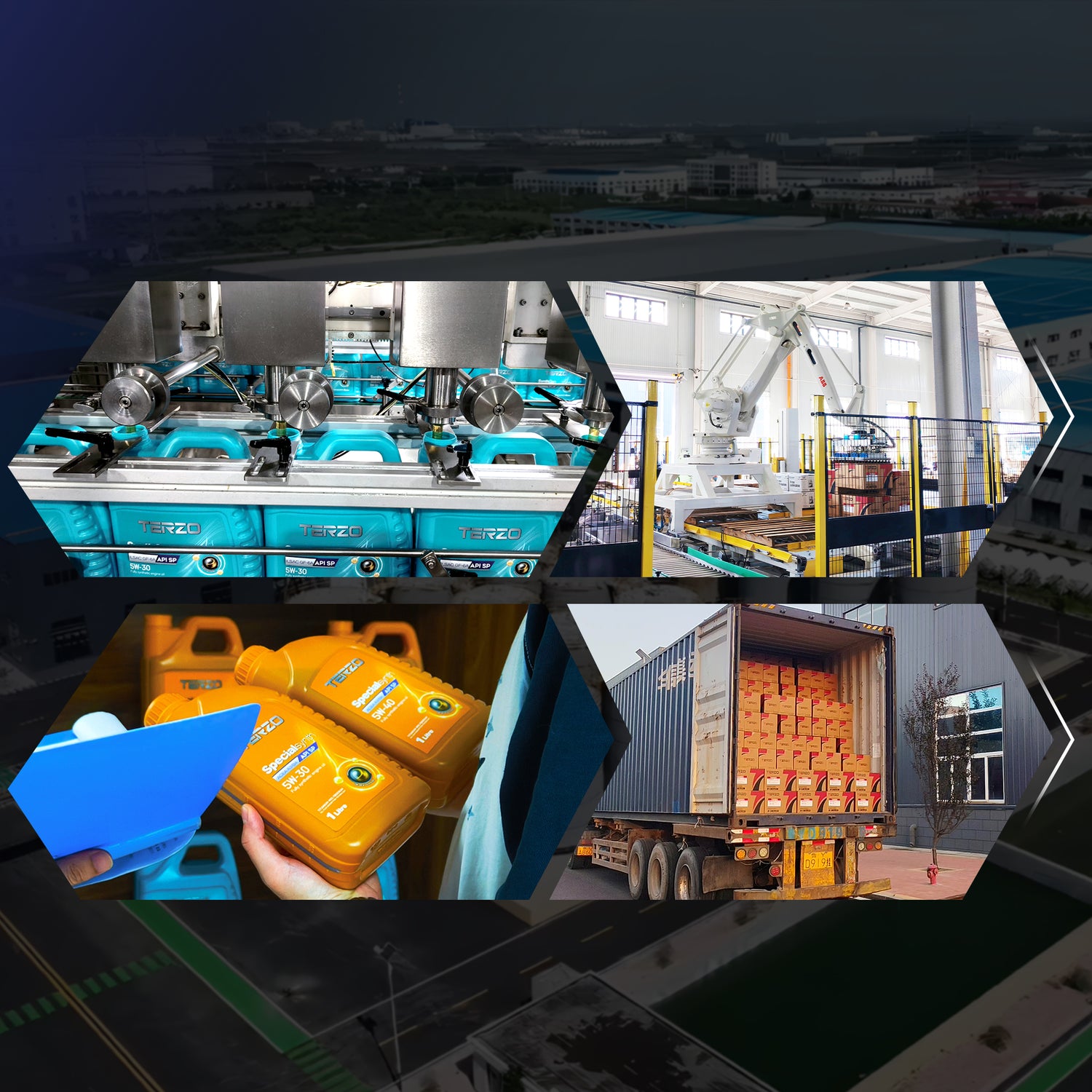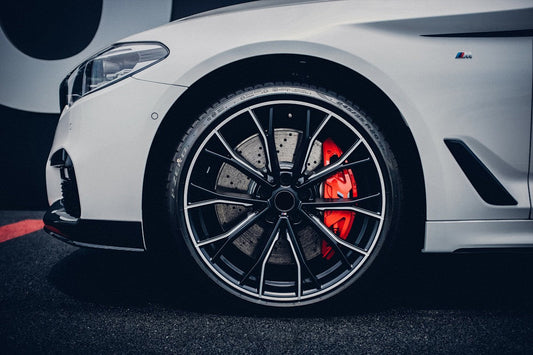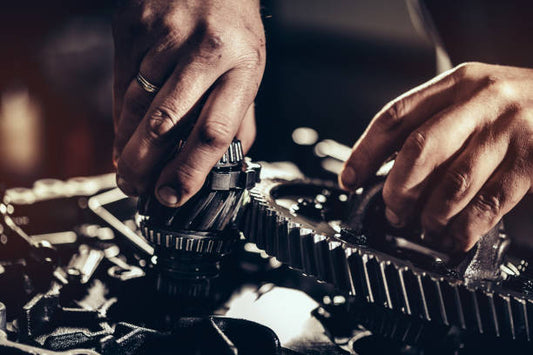Coolant Master Guide: How to Choose Smartly and Avoid Costly Mistakes
#Coolant #CoolingSystem #CarMaintenance
Core Functions & Science Behind Coolants
1️⃣ Temperature Control:
-
Maintains 85-110℃ optimal engine temps via small (quick warm-up) and large (radiator cooling) circulation loops.
2️⃣ Freeze & Boil Protection: -
Boiling point ≥108.5℃, freezing point down to -40℃~-60℃ (China GB standard), preventing overheating and block cracks.
3️⃣ Corrosion & Scale Prevention: -
Organic Acid Technology (OAT/HOAT) inhibits rust, extending water pump/thermostat life by 30%.

When to Replace Coolant: Warning Signs & Intervals
| Parameter | Healthy Range | Danger Threshold |
|---|---|---|
| Color | Bright (red/green/blue) | Cloudy/black/layered |
| Freeze Point | ≤-35℃ (≤-45℃ recommended) | >-20℃ (replace immediately) |
| pH | 7.5-11 (alkaline) | <7.5 (acidic corrosion) |
Replacement Intervals:
-
Standard coolants: 2-3 years or 40,000-60,000 km.
-
Long-life formulas (e.g., G48): Up to 5 years/250,000 km.
The Truth About Waterless Coolants
| Parameter | Traditional Coolant (Ethylene Glycol) | Waterless Coolant (Propylene Glycol) |
|---|---|---|
| Specific Heat Capacity | 3.5 KJ/(kg·℃) | 2.49 KJ/(kg·℃) (↓30% efficiency) |
| Boiling Point | 108-129℃ | 190℃ (masks overheating risks) |
| Cost | ¥50-150/4L | ¥800-2000/4L |
Critical Risks of Waterless Coolants:
-
Delayed Heat Dissipation: 8-15℃ higher engine temps, shortening oil life by 40%.
-
Pressure Failures: Overheating blows head gaskets (repairs >¥20,000).
-
Seal Degradation: Accelerates rubber O-ring aging by 3x.

Smart Selection & Maintenance Tips
1️⃣ Choosing the Right Coolant:
-
Prioritize ethylene glycol OAT/HOAT formulas (certified to G48/ASTM D3306).
-
Cold regions: -45℃ freeze point (e.g., Shell D12).
-
Hot climates: >125℃ boil point (e.g., Mobil AF2100).
2️⃣ Replacement Protocol:
-
Flush thoroughly (<5% residue) using reverse-flush tools.
-
Never mix colors/formulas—same brand/type only.
3️⃣ Emergency Fixes:
-
Top up only with distilled water (tap water scales pipes in <1,000 km).
-
Never open a boiling radiator! Cool to 90℃ before slowly releasing pressure.
FAQs: Busting Myths
❓Q1: Can I use water instead of coolant?
✅ Never! Tap water causes >50% scaling in 1,000 km and freezes at 0℃.
❓Q2: Is waterless coolant good for performance cars?
✅ No! Track-tested BMW M4s saw 25% more engine failures due to heat stress.
❓Q3: How to check coolant health?
✅ Use a refractometer (¥50-200): Freeze point >-20℃ or pH <7.5 = replace now.
Real-World Disasters
🇨🇳 Harbin Taxi Fleet (2018 VW Jetta):
⚠️ Used watered-down coolant → 80% radiator clogs in 30,000 km, costing ¥300,000+.
🇩🇪 Porsche 911 GT3 at Nürburgring:
⚠️ Switched to waterless coolant → oil temps hit 130℃, seizing piston rings (€12,000 repair).
Pro Tip: Coolant is your engine’s lifeline. Ditch gimmicks—stick to science-backed formulas and regular maintenance. Your wallet (and engine) will thank you! 🔧❄️




